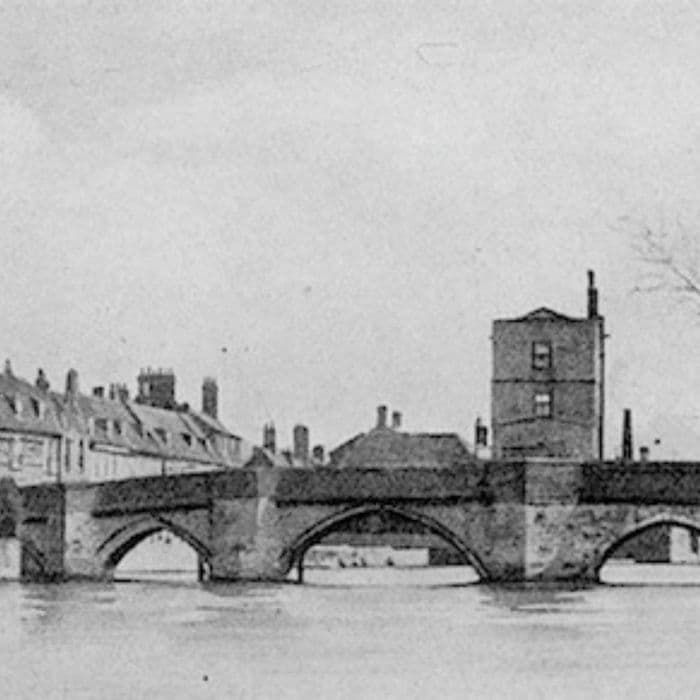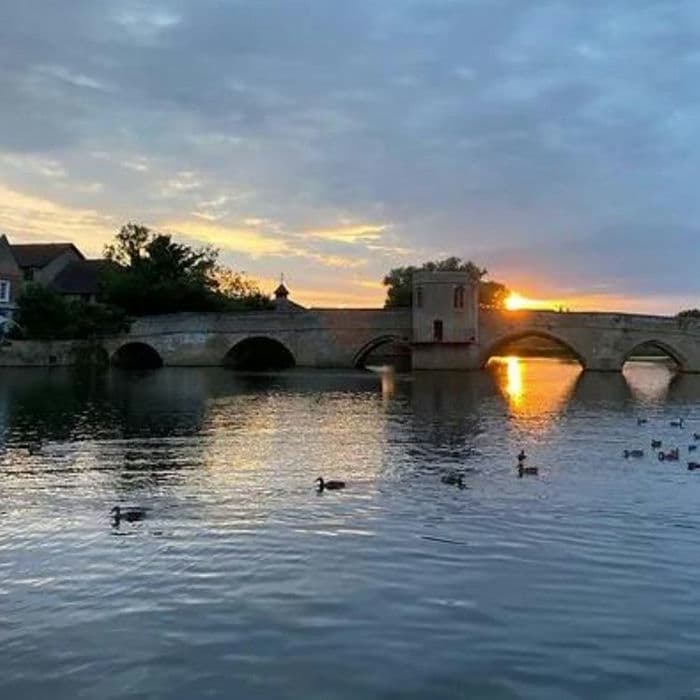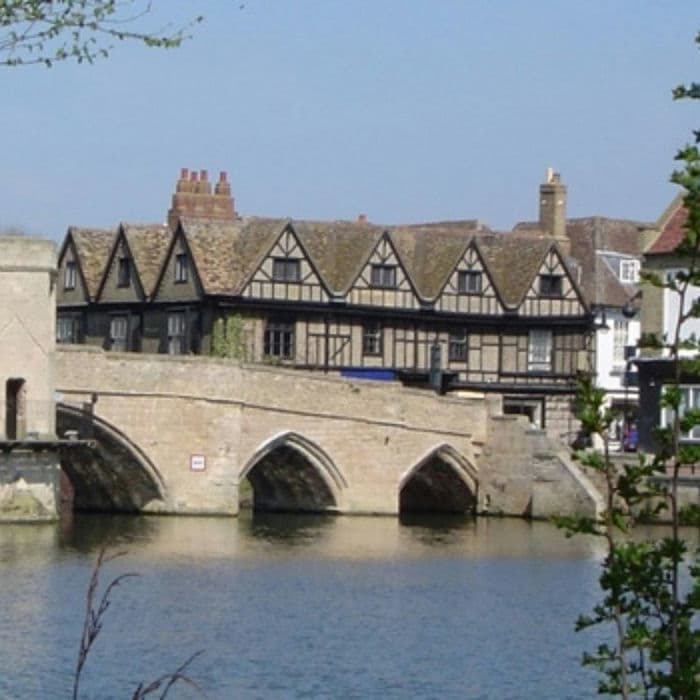St. Ives Bridge in Cambridgeshire stands as a testament to centuries of history, its ancient arches spanning both time and the tranquil waters below. Originally built by the monks of Ramsey Abbey in 1107, the bridge has witnessed the ebb and flow of generations, serving as a vital link between communities and a guardian of the town’s storied past.

Completed in 1425, the stone arch bridge replaced its wooden predecessor, solidifying its place in history as a symbol of endurance and resilience. Yet, it is the addition of the chapel in 1426 that sets St. Ives Bridge apart, elevating it to a rarefied status shared by only a handful of bridges across England.
Once a common feature of major bridges, bridge chapels like the one at St. Ives provided a sanctuary for travelers and pilgrims, offering respite and solace amidst the perils of the road. Today, the chapel stands as a testament to the bridge’s enduring legacy, its walls whispering tales of bygone days and ancient rituals.




Despite facing the ravages of time and conflict, St. Ives Bridge has weathered the storm, its arches standing firm against the passage of centuries. Partially destroyed during the English Civil War, the bridge rose from the ashes, a beacon of hope amidst the chaos of war.
Restored in 1930 and designated as Grade I Listed Buildings and a Scheduled Ancient Monument, both the bridge and its chapel continue to captivate visitors with their timeless beauty and historical significance. From the crypt perched above the water to the Gothic arches that adorn its facade, St. Ives Bridge stands as a living testament to the ingenuity and craftsmanship of generations past.




Surrounded by the picturesque beauty of St. Ives, with its quaint streets and historic landmarks, the bridge offers a glimpse into the town’s rich heritage. Whether strolling along the riverside or exploring the charming market square, visitors to St. Ives are invited to immerse themselves in its timeless appeal and discover the magic of this enchanting corner of Cambridgeshire.

